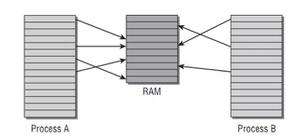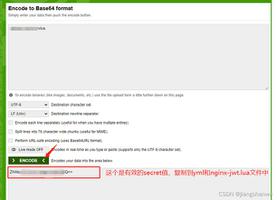Elixir匿名函数
示例
在Elixir中,一种常见的做法是使用匿名函数。创建匿名函数很简单:
iex(1)> my_func = fn x -> x * 2 end#Function<6.52032458/1 in :erl_eval.expr/5>
通用语法为:
fn args -> output end
为了便于阅读,您可以在参数周围加上括号:
iex(2)> my_func = fn (x, y) -> x*y end#Function<12.52032458/2 in :erl_eval.expr/5>
要调用匿名函数,请按分配的名称进行调用,然后.在名称和参数之间添加。
iex(3)>my_func.(7, 5)35
可以声明不带参数的匿名函数:
iex(4)> my_func2 = fn ->IO.puts"hello there" endiex(5)> my_func2.()
hello there
:ok
使用捕获运算符
为了使匿名函数更简洁,可以使用捕获运算符 &。例如,代替:
iex(5)> my_func = fn (x) -> x*x*x end
你可以写:
iex(6)> my_func = &(&1*&1*&1)
对于多个参数,请使用与每个参数相对应的数字,从开始1:
iex(7)> my_func = fn (x, y) -> x + y endiex(8)> my_func = &(&1 + &2) # &1 stands for x and &2 stands for y
iex(9)> my_func.(4, 5)
9
多体
匿名函数也可以具有多个主体(作为模式匹配的结果):
my_func = fnparam1 -> do_this
param2 -> do_that
end
当您调用具有多个主体的函数时,Elixir会尝试匹配适当函数主体提供的参数。
以上是 Elixir匿名函数 的全部内容, 来源链接: utcz.com/z/353348.html






